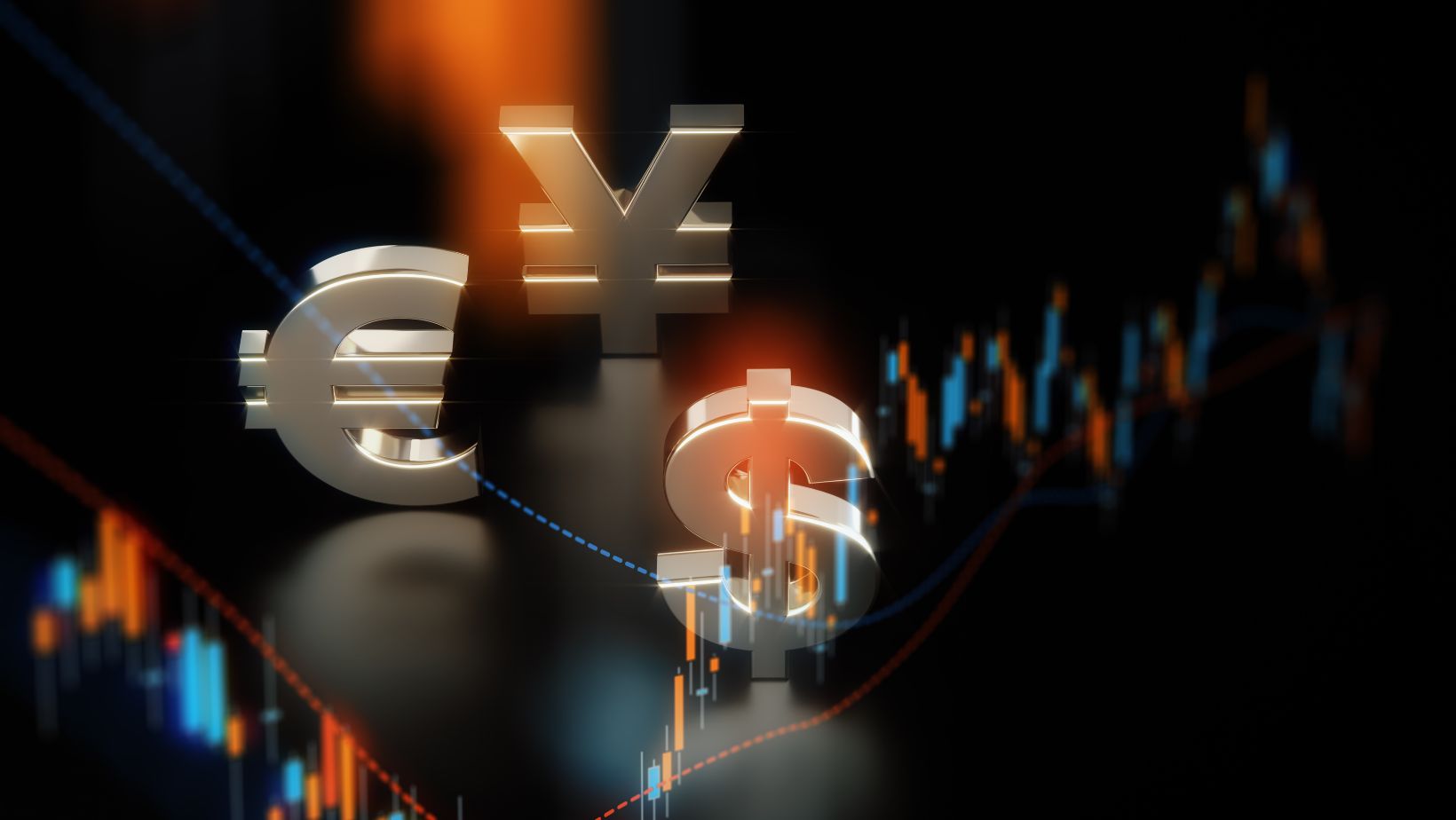The foreign exchange market, commonly known as Forex, operates as a decentralized network of currency exchanges across the globe.
With the advancement of technology, trading in the Forex market has become more accessible than ever before. However, this accessibility also brings forth the risk of fraudulent activities, scams, and financial irregularities.
To protect individual investors and ensure fair operations, regulatory authorities have been established in various countries. These regulatory bodies play a crucial role in overseeing the activities of Forex brokers, enforcing compliance with necessary regulations, and safeguarding the interests of traders.
In this article, we will explore the impact of Forex regulation on brokers and traders, the importance of choosing regulated brokers, and the regulations in different geographical regions.
The Importance of Forex Regulation
Forex regulation is essential for maintaining fair and ethical business behavior within the market. Best forex trading platforms usually adhere to the necessary guidelines and rules, preventing them from manipulating trading conditions or acting against the best interests of their clients.
By enforcing regulations, regulatory authorities aim to safeguard traders from financial frauds, scams, and excessive risks associated with high leverage levels.
The advantages of trading with regulated Forex brokers are numerous. Firstly, the regulation protects against financial scams and fraud. Regulated brokers are subject to regular audits and investigations, ensuring transparency and accountability.
Secondly, client fund protection is a crucial aspect of regulation. Regulated brokers are required to keep clients’ funds in segregated accounts, separate from their own financial assets. This ensures that clients’ funds are protected in the event of bankruptcy or insolvency.
Lastly, regulated brokers are held to higher standards of financial solvency and capital requirements, reducing the risk of broker defaults.
Forex Regulation in Different Geographical Regions
Forex regulation varies across different geographical regions, with each region having its own regulatory bodies and frameworks in place. Let’s explore some of the key regulatory bodies and their regulations in prominent regions.
Europe
In Europe, the European Securities and Markets Authority (ESMA) plays a significant role in regulating the Forex market. ESMA works in collaboration with local regulatory bodies, such as the Financial Conduct Authority (FCA) in the UK, Autorité des Marchés Financiers (AMF) in France, and Cyprus Securities and Exchange Commission (CySEC) in Cyprus.
Regulated Forex brokers in Europe must comply with the Markets in Financial Instruments Directive (MiFID) II. This directive aims to enhance transparency, protect investors, and ensure better business conduct.
Brokers must assess clients’ knowledge and risk profiles before engaging in business with them, adhere to KYC (Know Your Customer) and AML (Anti-Money Laundering) procedures, and display transparent pricing.

CySEC, as a prominent European regulatory body, imposes specific requirements on Forex brokers. These requirements include minimum share capital, operating capital, regular financial statements and audit reports, protection of client funds in segregated accounts, and adherence to investor compensation funds.
United States
In the United States, the Forex market is regulated by the Commodity Futures Trading Commission (CFTC) and the National Futures Association (NFA).
The CFTC issues regulations to ensure market integrity and protect traders, while the NFA works alongside the CFTC to enforce regulatory responsibilities and combat fraud.
Regulated Forex brokers in the US must follow guidelines set by the CFTC and NFA. These guidelines include maintaining sufficient operating capital, submitting financial statements and audit reports, adhering to the FIFO (First-In, First-Out) rule, and offering limited leverage ratios for major and minor currency pairs.
Australia
In Australia, the Australian Securities and Investments Commission (ASIC) is the primary regulatory body overseeing the Forex market. ASIC works to protect consumers and investors, ensuring the integrity of financial institutions and markets.
Forex brokers in Australia must obtain an Australian Financial Services (AFS) license from ASIC to operate legally.
ASIC-regulated brokers are required to meet certain criteria, including minimum operating and capital requirements, professional indemnity insurance, transparency in financial reporting, and the use of segregated client accounts.
South Africa
In South Africa, the Financial Sector Conduct Authority (FSCA) regulates the Forex market. The FSCA aims to protect traders from scams and frauds, enhance market integrity, and ensure fair treatment of financial customers.
Forex brokers in South Africa must obtain a license from the FSCA to offer financial services. They’re required to comply with organizational competence obligations, maintain solvency and capital adequacy, submit audit reports and financial statements, and work with tier-1 banks.
Verifying Forex Broker’s Regulatory Status
Before choosing a forex broker, it’s crucial to verify their regulatory status. Regulated brokers provide a higher level of trust and security for traders. There are several ways to verify a broker’s regulatory status:
- Check the broker’s website for their regulatory information, including their license number and the regulatory body they’re registered with.
- Use online verification systems provided by regulatory bodies. For example, the National Futures Association (NFA) offers the Background Affiliation Status Information Center (BASIC), where the status of US-based Forex brokers can be verified.
- Visit the official websites of regulatory bodies and search for the broker’s name or license number in their databases.
It’s important to be cautious of unregulated brokers or brokers operating in jurisdictions with lax regulations. These brokers may offer enticing leverage and low fees but may not provide adequate protection for traders’ funds.
Conclusion – Impact of Regulation on Forex Brokers
Forex regulation plays a crucial role in ensuring the integrity and fairness of the Forex market. By enforcing regulations, regulatory bodies protect traders from financial fraud, scams, and excessive risks.

Regulated brokers offer a higher level of trust and security, as they’re subject to regular audits and investigations, maintain segregated client accounts, and meet strict financial requirements.
When choosing a Forex broker, verifying their regulatory status and ensuring they’re licensed and regulated by reputable authorities is essential. This ensures that your investments and trading activities are protected, and you can trade with confidence in a regulated and secure environment.
Remember, Forex trading involves risks, and even with regulation in place, it’s important to educate yourself, practice risk management, and make informed investment decisions.















